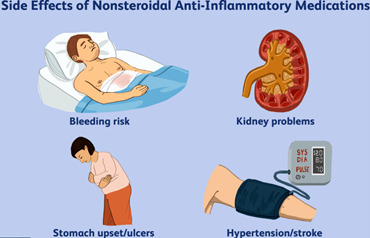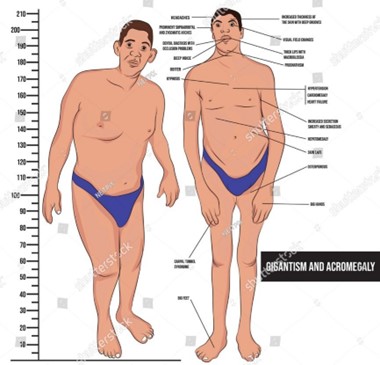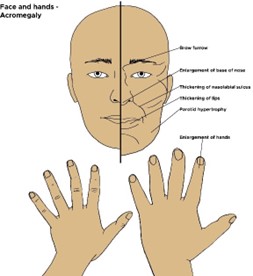Trimethoprim and sulfamethoxazole (Bactrim) BID for 7 days is ordered for a patient who has a recurrent relapse of an Escherichia coli UTI. The nurse instructs the patient to
increase the effectiveness of the drug by taking it with cranberry juice to acidify the urine.
take two of the pills a day for 5 days and reserve the rest of the pills to take it the symptoms reappear.
take the antibiotic for the full 7 days, even if symptoms improve in a few days.
return to the clinic in 3 days so that a urine culture can be done to evaluate the effectiveness of the drug.
The Correct Answer is C
The nurse's instruction to the patient is to take the antibiotic for the full 7 days, even if symptoms improve in a few days. This is because the full course of antibiotics is needed to eliminate the bacteria causing the UTI, even if the patient starts to feel better before the end of the treatment course. Failure to complete the full course of antibiotics can lead to the development of antibiotic resistance and the recurrence of the infection. The other options are not appropriate or effective measures for managing a UTI with antibiotics.
Nursing Test Bank
Naxlex Comprehensive Predictor Exams
Related Questions
Correct Answer is A
Explanation
NSAIDs are known to be a common cause of acute gastritis. Therefore, it is essential for the nurse to ask the patient about their frequency of NSAID use to determine if this may have caused their current symptoms. Other options such as family history of gastric problems, recent weight gain or loss, and amount of fat in the diet, may also be relevant to the patient's overall health status, but they are not as important as the potential cause of their current condition.

Correct Answer is A
Explanation
acromegaly typically causes an enlargement of the hands and feet. The nurse can inquire if the patient has noticed any changes in shoe size, as this may indicate abnormal growth.
"Are you experiencing tremors or anxiety" is not directly related to acromegaly, and although anxiety can be associated with some medical conditions, it is not a typical symptom of acromegaly.
"Is there any family history of acromegaly?" is also a relevant question, as acromegaly can be caused by a genetic disorder. If the patient has a family history of the condition, this may increase their risk of developing it.
"Have you had a recent head injury?" is not specifically related to acromegaly, although head trauma can cause a variety of medical conditions.
Overall, option a. is the most relevant question to ask a patient with suspected acromegaly.


Whether you are a student looking to ace your exams or a practicing nurse seeking to enhance your expertise , our nursing education contents will empower you with the confidence and competence to make a difference in the lives of patients and become a respected leader in the healthcare field.
Visit Naxlex, invest in your future and unlock endless possibilities with our unparalleled nursing education contents today
Report Wrong Answer on the Current Question
Do you disagree with the answer? If yes, what is your expected answer? Explain.
Kindly be descriptive with the issue you are facing.
